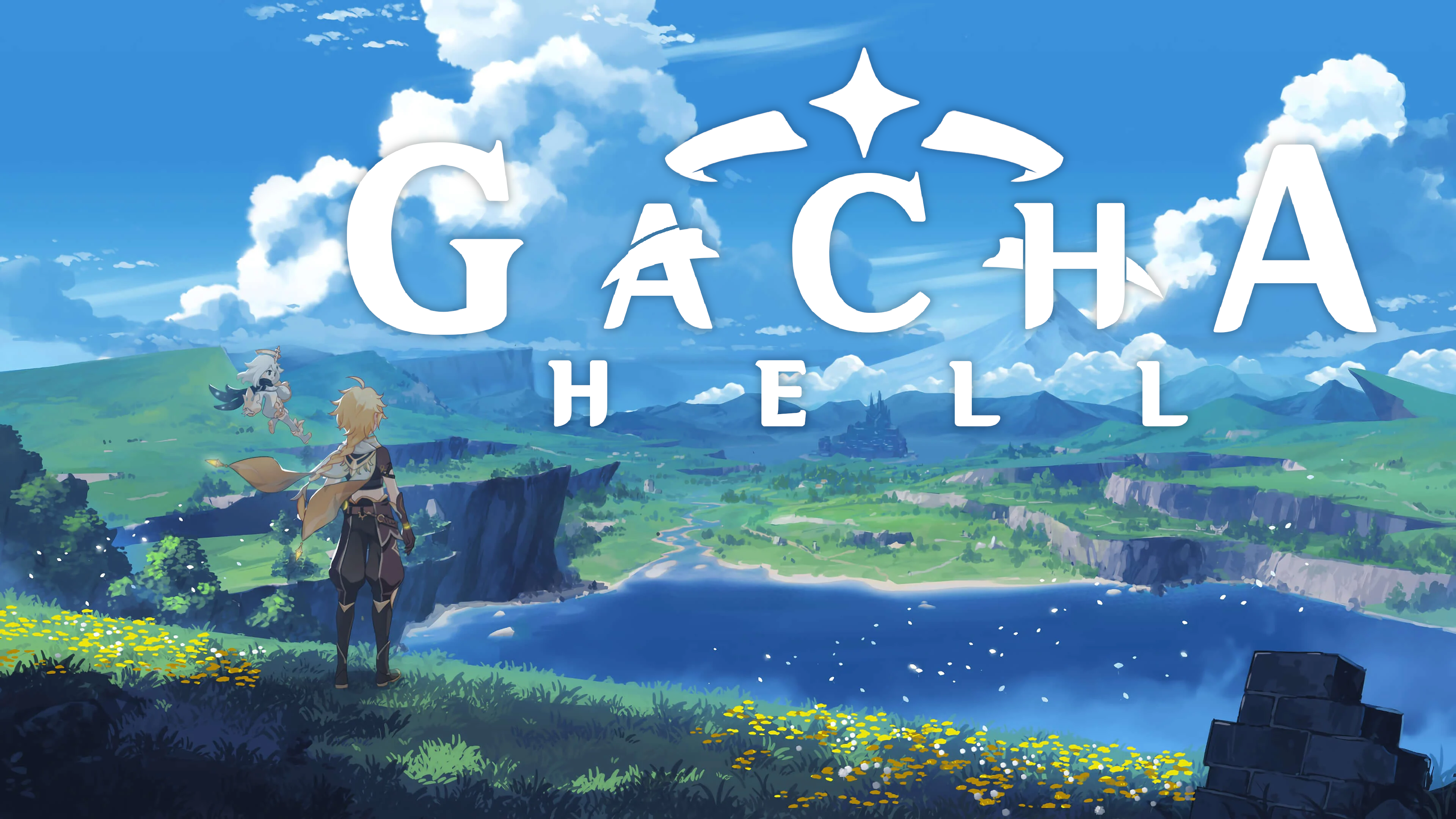Oof. Looks like this affected some other languages as well - somebody at Microsoft needs to up their documentation game, methinks.
I understand the sentiment, but... HTML and some light CSS is just as fast and much more accessible. It just strikes me as something that defines itself in opposition to "thing everyone uses" for no good reason.
Most of the more exotic colors (such as green) are caused by various optical tricks.
Physically speaking, all true stars are roughly one of these colors:
- Red
- Orange
- Yellow
- White
- Blue
The exact color of a star depends on its size/temperature. Red stars are the coolest, while blue stars are the hottest.
After seeing the various forms of black magic Nintendo devs have pulled off with what is essentially decade-old tablet hardware... yeah, fine by me.
In before one of them starts stripping or firewalling the phone-home code. What's Unity gonna do? Valve hasn't signed any contracts with them!
For the sake of your sanity, I hope there's a resolution to this that doesn't involve a rewrite.
I installed an optimized textures mod and instantly improved my performance by like... 20 frames, maybe more.
I have an RX 6600 XT that can run Cyberpunk on high no problem. C'mon Bethesda, the game is really fun, but this is embarrassingly bad optimization.
Cringe. Not everything needs to be offloaded to someone else's computer.
And frankly, why would I pay some sort of fee (which they will eventually charge, even if they don't right now) for the "privilege" of having rustc fight for execution time on a vCPU somewhere in California?
Every day that passes I lean further towards pursuing a career in embedded.
I'm a big fan of Rust.
- Excellent tooling. The package/build manager (
cargo) just works, the compiler's error messaging is simply unmatched and the IDE story is excellent thanks torust-analyzer. - Rich ecosystem. There's a crate for almost anything you could need, and endless piles of learning resources.
- You get the speed and low-level control (if necessary) of C/C++ without all the pain and legacy baggage.
- The community tends to care a lot about correctness and API design, which is reflected in both the core language and the ecosystem. Rust doesn't try to hide complexity and pretend things are simple (like Go) - instead, it gives you the tools to manage it head-on.
- Example: if a function can fail, then it returns a
Resultand you have to explicitly handle the possibility that something went wrong. There's no forgetting a null check and slamming face-first into aNullReferenceExceptionor segfault in some other part of your code.
- Example: if a function can fail, then it returns a
- It's expressive. Iterators, generics/traits and other language features make it easy to communicate what's going on to both the machine and other humans. Even the syntax is designed to support this - you can tell a lot just by looking at a function signature.
Obviously it's not all perfect, however.
- Compile times can drag you down. (
rustcis always getting faster, of course, but it'll probably never be as fast as Go or JVM/NET.) - It can be difficult to read at times, especially when code starts leaning heavily into generics and lifetime annotations.
- Speed and control comes at a cost. No garbage collector means that anyone coming from a managed language (which, hello, that was me) is going to have to rewire their brain to deal with lifetimes, ownership and mutability XOR aliasing. You eventually develop an intuition for how to structure your code to play nice with the compiler, but that takes time.
- New language features can take a long time to be stabilized and released. The advantage is they tend to be baked all the way through from day one, but the slow pace can be infuriating, especially when big ecosystem advancements are hung up on key additions.
If you actually read the page, it's intended as a tongue-in-cheek box-checker.
This document was originally called a "Code of Conduct" and was created for the purpose of filling in a box on "supplier registration" forms submitted to the SQLite developers by some clients.
This document continues to be used for its original purpose - providing a reference to fill in the "code of conduct" box on supplier registration forms.
Firefox and its derivatives. They're the last free bastion preventing a Chromium monopoly on the browser market, which is hugely important - especially these days with Google's push for Mv3.



> online gambling
Cry harder